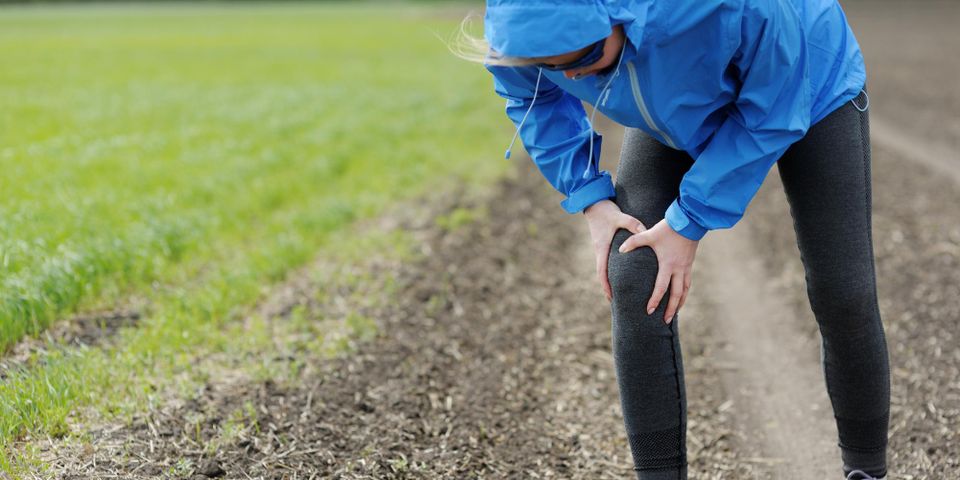What Are Some Common Sports Injuries for Runners?

Running is a rewarding sport that can be enjoyed virtually anywhere, either independently or with others. Yet, as with any type of physical activity, it comes with the risk for certain types of sports injuries. Whether you’re a new runner or an experienced marathoner who has been practicing the sport for many years, learn more about these potential issues below.
Sports Injuries That Occur From Running
Runner’s Knee
The collective term for pain around the knee, patellofemoral pain syndrome, aka runner’s knee, can cause pain, grinding, and clicking sounds around the kneecap. There are a number of issues that can lead to the condition, including weak structural defects, tight hamstrings or Achilles' tendons, weak thigh muscles, insufficient foot support, overtraining, and poor gait.
Plantar Fasciitis
The plantar fascia is the band of tissue that extends from the heel to the toes along the bottom of the foot. When this area becomes inflamed, it’s known as plantar fasciitis. While long-distance running can place repetitive stress on the heel and cause the condition, issues such as abnormally high or low arches can also increase one’s risk.
Shin Splints
Officially known as medial tibial stress syndrome, shin splints result from repetitive stress to the shin. Abnormal gait patterns and worn-out shoes can contribute to the condition. Because it is caused by repetitive stress, new runners who increase their mileage too quickly may also be at risk.
Prevention & Treatment
Since there are so many potential factors that can cause sports injuries in runners, prevention calls for a robust approach. New runners should only increase their mileage slightly each week (aim for 10% more time or miles), and all runners should make sure they have properly-fitted shoes. A gait assessment at a professional running store can help you find the right pair.
Runners of all levels should also cross-train with lower-body moves to ensure you can sustain going for miles. Targeted stretching can also help keep the leg and foot muscles limber.
 If an injury does occur, discontinue running until you’ve made a full recovery. In the meantime, you can pursue physical therapy to prevent the injury from worsening and to potentially delay or prevent the need for surgery. Specific treatments will vary by injury. For example, exercises to strengthen the lower leg muscles may help to combat plantar fasciitis, while improved arch support could help runner’s knee.
If an injury does occur, discontinue running until you’ve made a full recovery. In the meantime, you can pursue physical therapy to prevent the injury from worsening and to potentially delay or prevent the need for surgery. Specific treatments will vary by injury. For example, exercises to strengthen the lower leg muscles may help to combat plantar fasciitis, while improved arch support could help runner’s knee.
If you’re a runner who has experienced a sports injury, allow Snyder Physical Therapy & Sports Rehabilitation to help. Having served Lincoln, NE, for more than 27 years, this trusted facility provides a comprehensive range of treatments for athletes, including physical therapy and pain management solutions. Browse through their services online or call (402) 489-1999 to schedule an appointment.
About the Business
Have a question? Ask the experts!
Send your question

